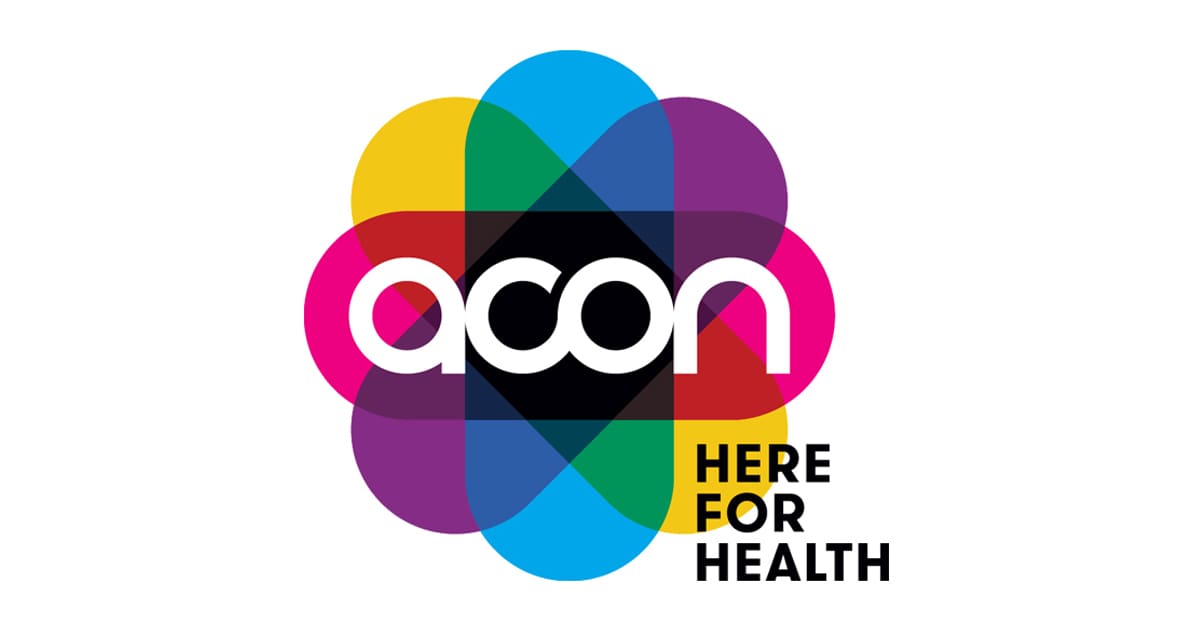Sydney University Sport and Fitness lags behind Melbourne University Sport on LGBTQ+ inclusion.
On 30 September, the 2020 Australian Pride in Sport Awards were held, celebrating the results of the fourth Pride in Sport Index (PSI) as well as LGBTQ+ sporting role models, allies and initiatives. The PSI, run by the ACON’s Pride in Sport program, is a free benchmark measuring the inclusivity of sporting organisations towards sexuality and gender diverse people.
Within the PSI, are various levels of tier recognitions awarded to participating organisations based on their achievements. Out of the three organisations which achieved the highest awarded tier, Gold, two were university sporting codes, RMIT University Sport and Melbourne University Sport (MU Sport). The other university participant, Macquarie University Sport, achieved Bronze tier. MU Sport was the highest-ranked organisation for the second time and the most improved.
Pride in Sport also runs a membership program which gives LGBTQ+ inclusion consultancy to various sporting organisations. Members include many national and state sporting codes such as Gold-ranked Cricket Victoria and Sliver-ranked Tennis Australia which shared highest-ranked organisation with MU Sport last year. Along with the three university participants of the 2020 PSI, Queensland University of Technology Sport and UniSport Australia joined this year.
However, most university sporting organisations, including SUSF, have not been active in promoting inclusivity in sport. While SUSF has supported mental health initiatives such as R U OK?, they have not been proactive in supporting inclusion in sport, LGBTQ+ or otherwise.
Under the Commonwealth’s Sex Discrimination Act 1984, LGBTQ+ people are legally protected from discrimination in sport (with exemptions in the participation of certain competitive sports regarding sex, gender identity and intersex status (s.42)). While SUSF’s Sporting Code of Conduct prohibits discrimination, it does not directly address sexual orientation, gender identity or intersex status.
On the other hand, MU Sport, solidified its commitment to LGBTQ+ inclusion in line with their LGBTQIA+ Inclusion Policy at their Rainbow Celebration Evening last year. Representatives from 31 of Melbourne University’s affiliated sports clubs signed a Pledge of Pride committing to “the equitable inclusion of LGBTQIA+ identifying athletes, coaches, administrators and spectators in our sport.”
Closer to home, two individual SUSF-affiliated clubs took their own initiative in promoting LGBTQ+ inclusion. The men’s and women’s AFL clubs (Growthbuilt SUANFC and SUWAFLC) held their annual Pride Round last year supporting Camp Out, a non-profit which offers a camp for LGBTQ+ teens.
Despite this, SUSF and many other university sporting organisations still have a long way to go in promoting LGBTQ+ inclusivity in sport. In the 2020 PSI survey, most respondents strongly agreed (20.50%) or agreed (36.97%) that their sport should do more to promote LGBTQ+ diversity and inclusion. Given this, it is paramount that all sporting organisations, university or otherwise, ensure that their sports are safe and inclusive spaces for all people.





